India is nearing finalization of an agreement with the United States to simplify the process for returning stolen antiquities, as reported by The Indian Express.
Under the Cultural Property Agreement (CPA), the US will automatically offer to return stolen items to India without requiring India to prove ownership.
A spokesperson stated, “We are eager to finalize a bilateral CPA to prevent illegal trafficking of cultural property from India to the US.”
India and the US prioritize the protection and return of cultural property, working closely for nearly two years with the Ministry of Culture and the Indian Embassy in Washington.
The US has specific steps in place before reaching an agreement, including review by the Cultural Property Advisory Committee and recommendation to the Department of State.
During Prime Minister ‘s visit to the US in June, both countries agreed to work on the agreement, reflecting India’s recent focus on repatriating heritage artifacts.
Culture Secretary Govind Mohan mentioned that the agreement with the US will expedite the return of smuggled goods, simplifying the repatriation process within a few months.
Encouraged by progress with the US, India aims to sign similar agreements with other countries where Indian art objects may have been smuggled.
The agreement imposes import restrictions to prevent looted cultural property from entering the US while promoting legal sharing for scientific, cultural, and educational purposes.
The US Embassy spokesperson explained that seized objects are automatically offered for return to the partner country under import restrictions created by CPAs, eliminating the need for proof of ownership.
Currently, establishing the provenance of Indian artifacts abroad involves verifying the objects through FIRs, pictorial evidence, and inspection by the Archaeological Survey of India (ASI).
The ASI team verifies objects based on their knowledge, iconography, and wear-and-tear marks, a process that can be time-consuming without a specific timeline.
The US has repatriated over 20,000 objects to various countries and institutions over the past two decades, including paintings, statues, coins, and manuscripts.
The US has active bilateral cultural property agreements with several countries, facilitating smoother and faster returns of cultural property.
India is actively pursuing agreements for the return of antiquities through bilateral and multilateral channels, hoping for similar cooperation from other countries.
By accepting this framework with the US, India anticipates that other countries will also consider similar agreements for the return of cultural property.
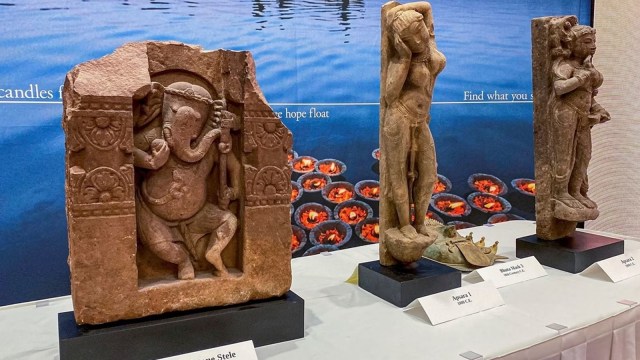



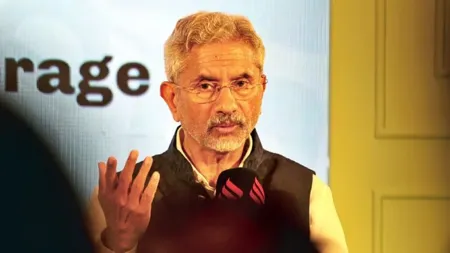

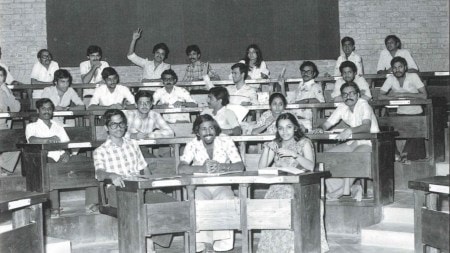
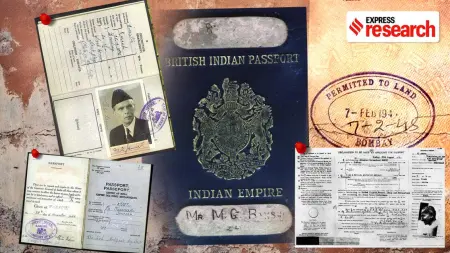


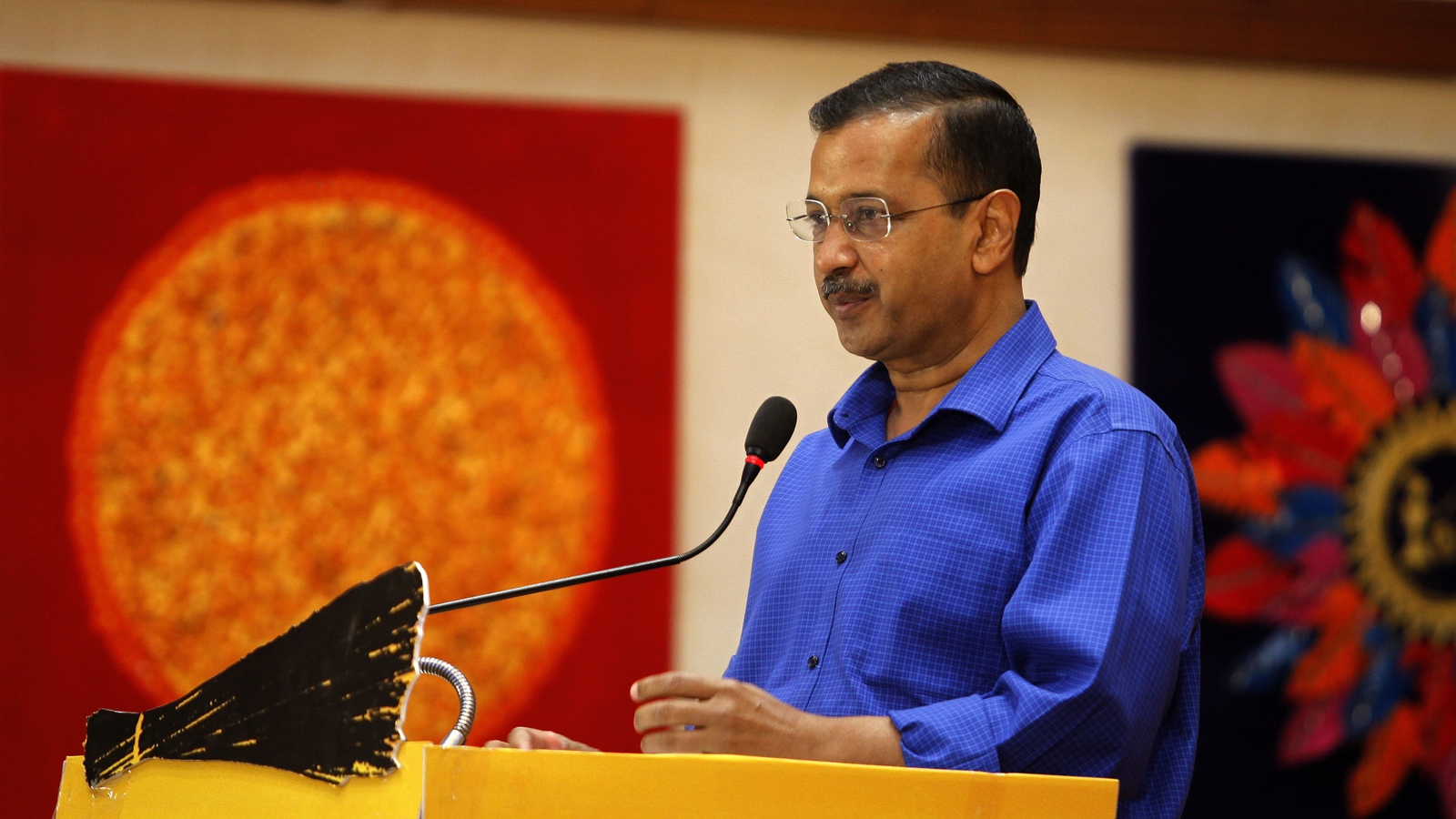
























+ There are no comments
Add yours